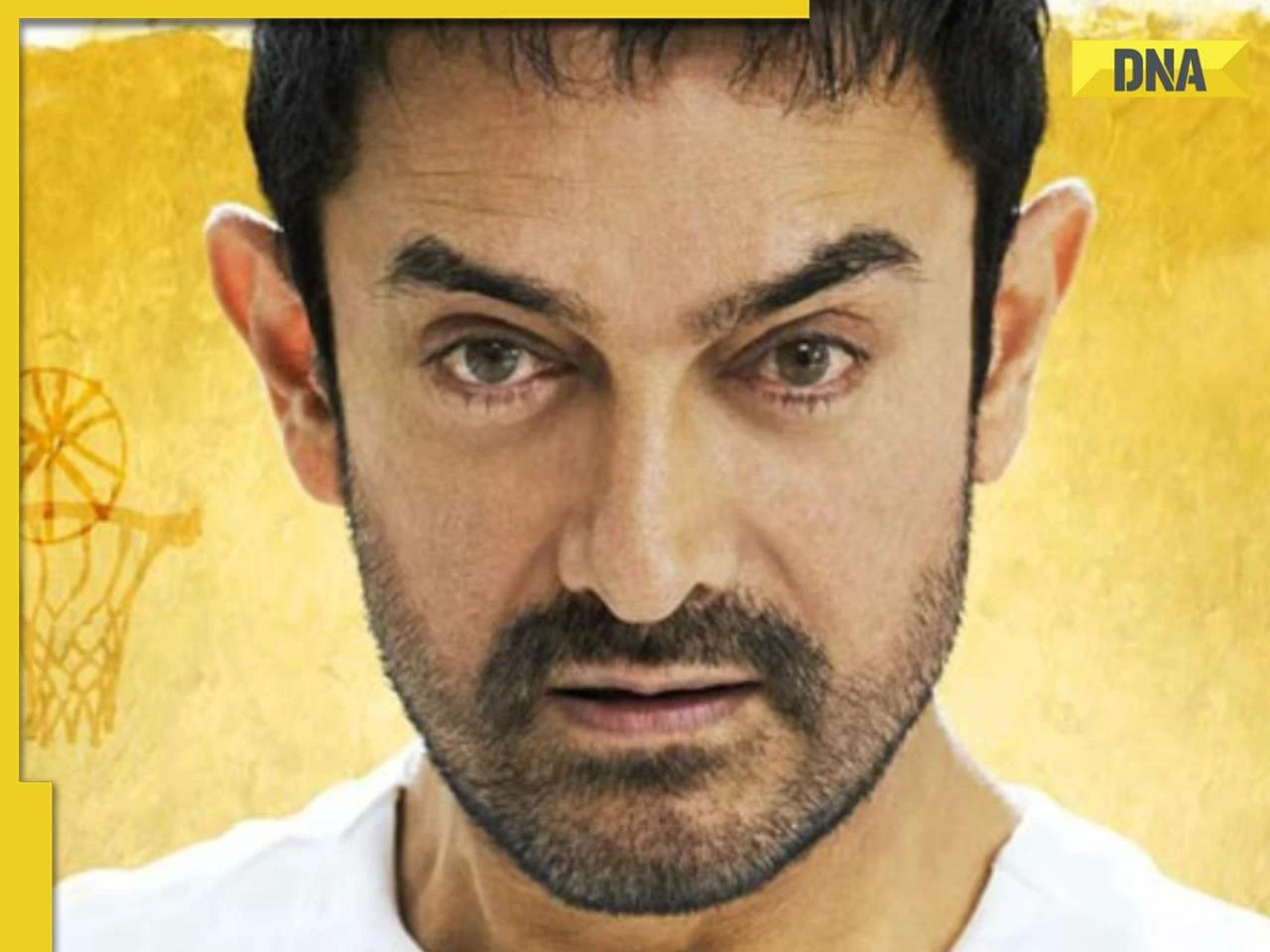Headlined and produced by Aamir Khan, the sports comedy Sitaare Zameen Par was released in the cinemas on June 20 this year. A spiritual sequel to the 2007 emotional drama Taare Zaamen Par and the official remake of the 2008 Spanish film Champions, Sitaare Zameen Par did decent business at the box office as it earned Rs 170 crore net in India and grossed Rs 265 crore worldwide.
Aamir Khan released Sitaare Zameen Par on YouTube after saying that film will only be available in theatres
Aamir Khan took a bold step in its digital release as he rejected the Rs 125-crore deal from a leading streaming platform, and went for a pay-per-view model and put the film on YouTube for Rs 100 from August 1. While promoting the film, the Dangal star had mentioned multiple times that Sitaare Zameen Par will only be available in theatres and won’t release digitally. But then, within six week, he released Sitaare Zameen Par on YouTube. Now, in his latest interview, Aamir has stated that he is open for the streaming deal of his film. As Aamir has backtracked his own statement again, he is now being slammed by the audiences.
Aamir Khan says he has nothing against OTT, wants to sell streaming rights for Sitaare Zameen Par now
Talking to veteran trade analyst Komal Nahata on his Game Changers podcast, Aamir said, “I never said I won’t sell my film to an OTT platform. Why would I not do that? I have an issue with a film coming out on a streaming platform just eight weeks after its theatrical release, I want that period to extend to six to eight months. I have nothing against OTT. I watch on OTT myself. We’re yet to sell our OTT and satellite rights.”
When Aamir was asked how did Sitaare Zameen Par perform on YouTube, “YouTube has this policy that it doesn’t show or provide the number of views (for pay-per-view releases). So I’ll respect that. But the pay-per-view business is at a very nascent stage right now. At this stage, we’ve done 20 times the normal business, so it’s quite huge from that point of view. But in terms of absolute numbers, it doesn’t compare with letting go of the Rs 125 crore streaming offer.”
